Community Health
Beka’s story is a powerful reminder of how knowledge, preparation, and confidence can transform the experience of childbirth. Through simple, practical education, women like Beka are empowered to face one of life’s greatest moments with strength and peace.
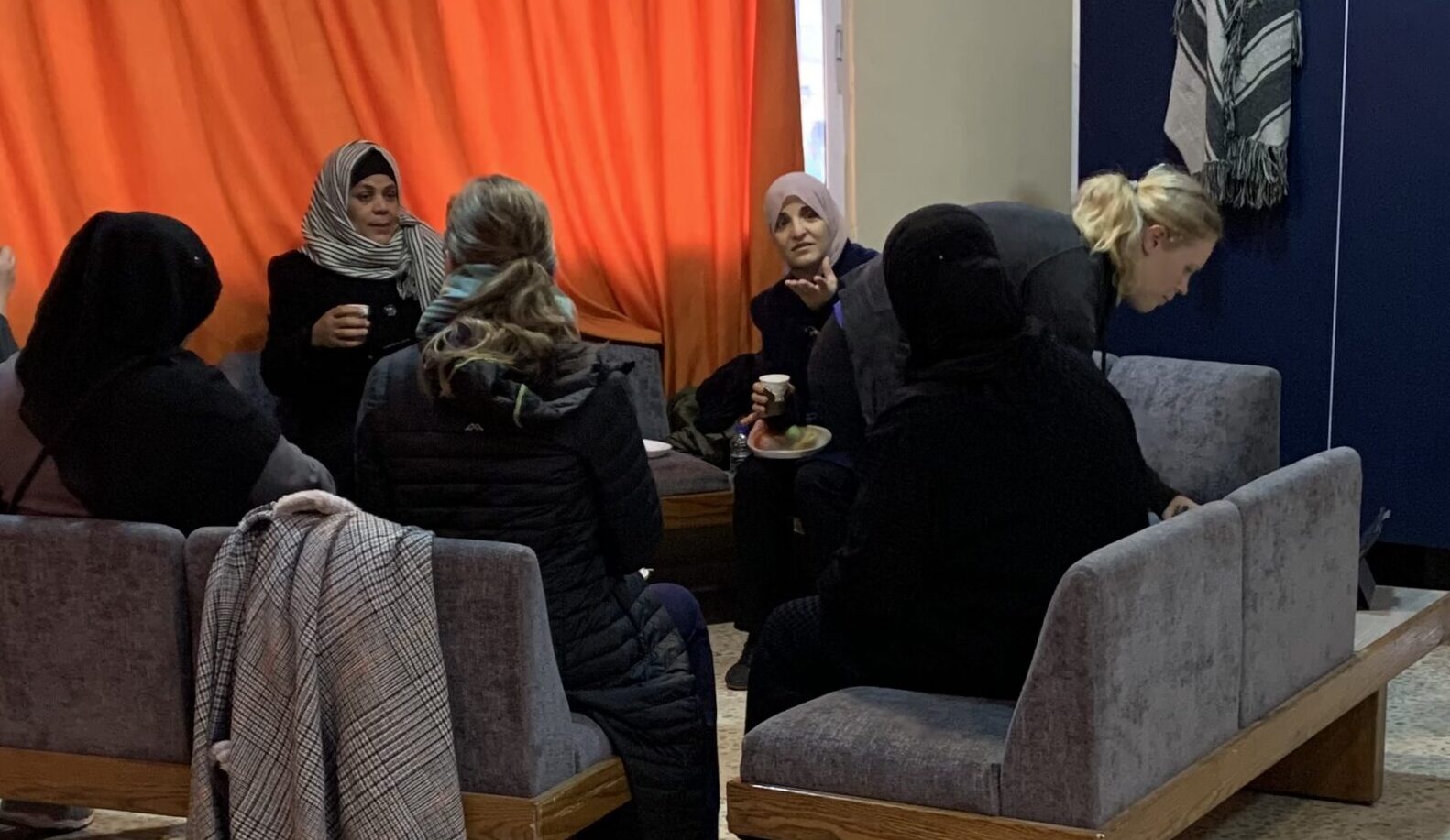
Refugee Health Response
In our Community Health Project in Jordan, we are seeing lives transformed through health screening and education. We work in partnership with local organizations, medical professionals,
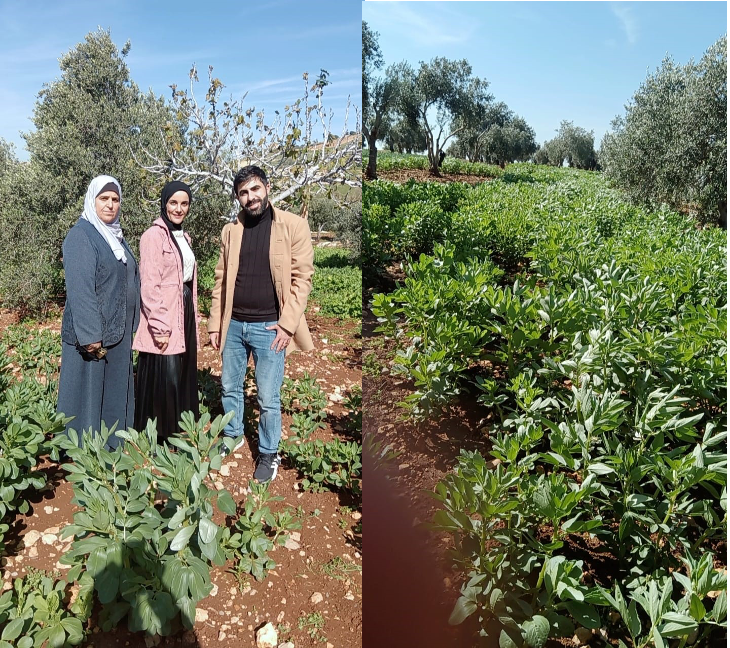
A Savings Group Success Story
My name is Ghada, and I am a member of the Artery of Hope Savings Group.
Today, I would like to share a success story—an idea that started with the savings group and grew into a project to cultivate more than 60 dunams of land.
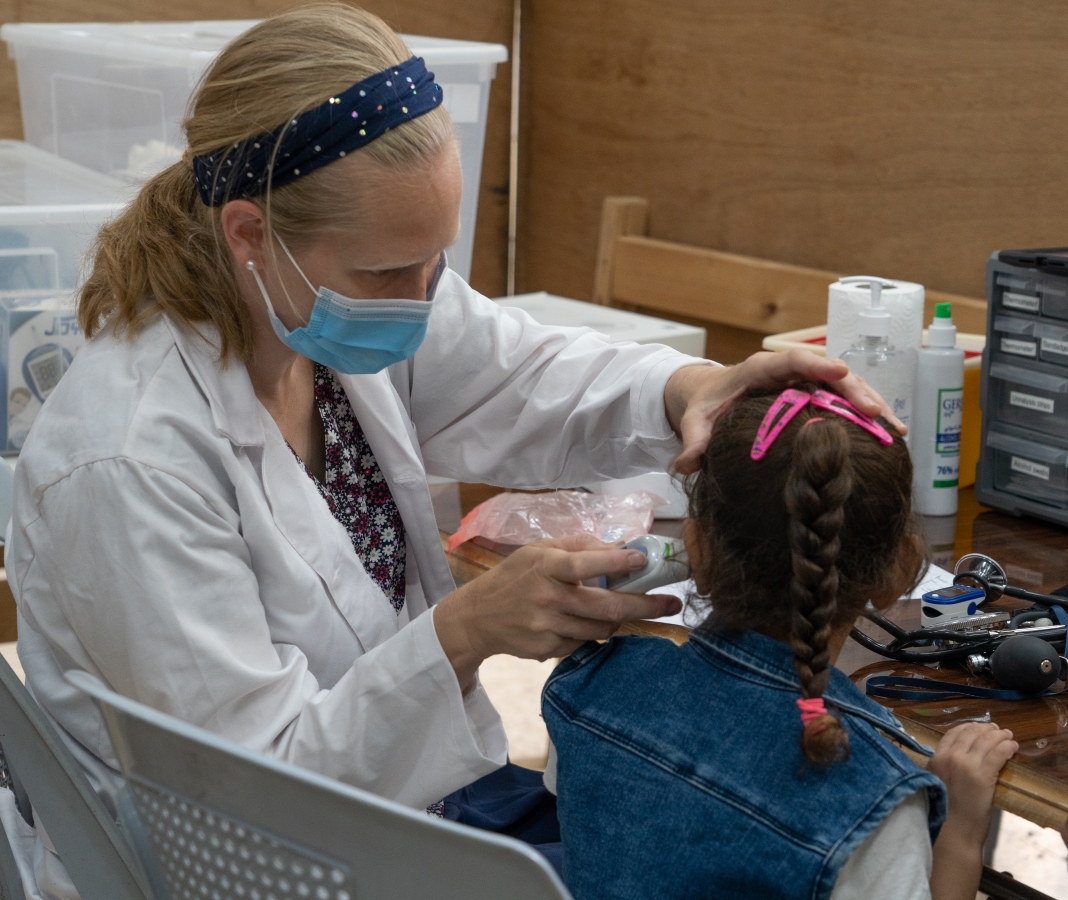
Professional and Interpersonal Development
“The people here stood with me,” says Om Waleed*, recounting her young daughter’s need for surgery. “Even though my family is all the way in Syria,
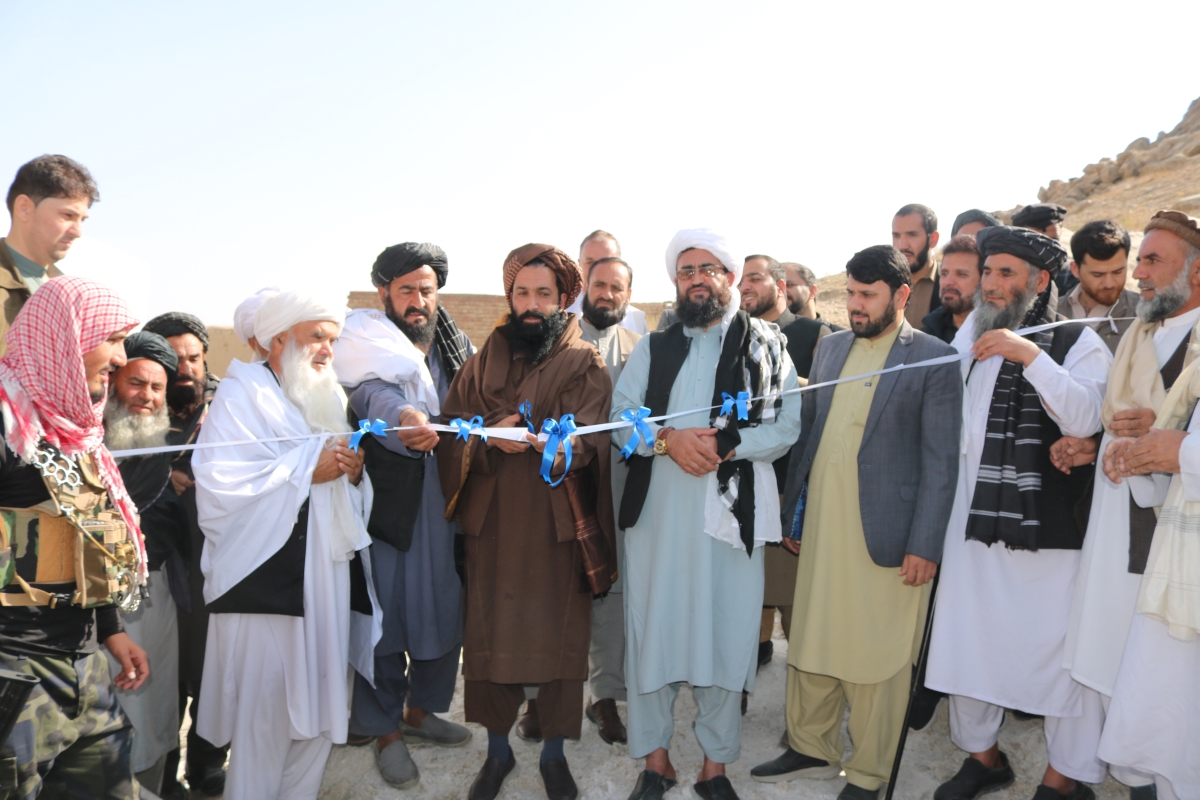
Building a solar water supply network
“Most of the families in this village lack access to clean drinking water, and it is extremely difficult for our women and children to get water from a distance.”
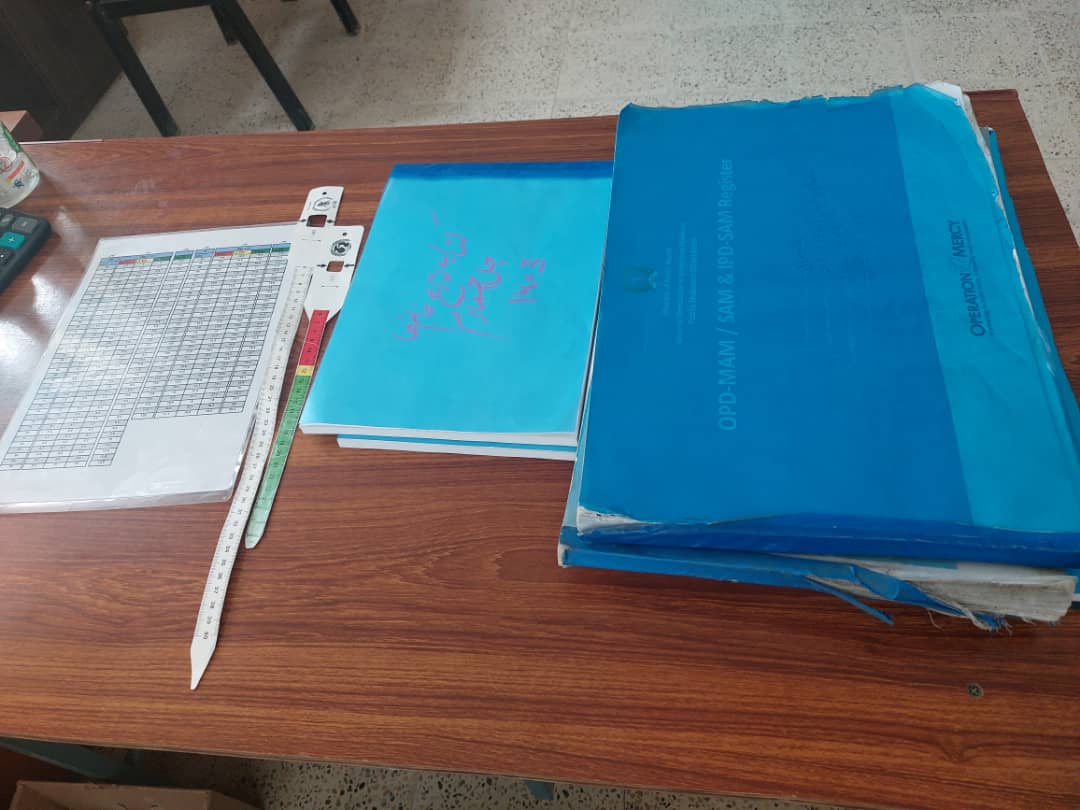
Health and Nutrition Promoters
Operation Mercy in Afghanistan runs a program training women in the community to become health and nutrition promoters. This program empowers women to voluntarily serve their communities,
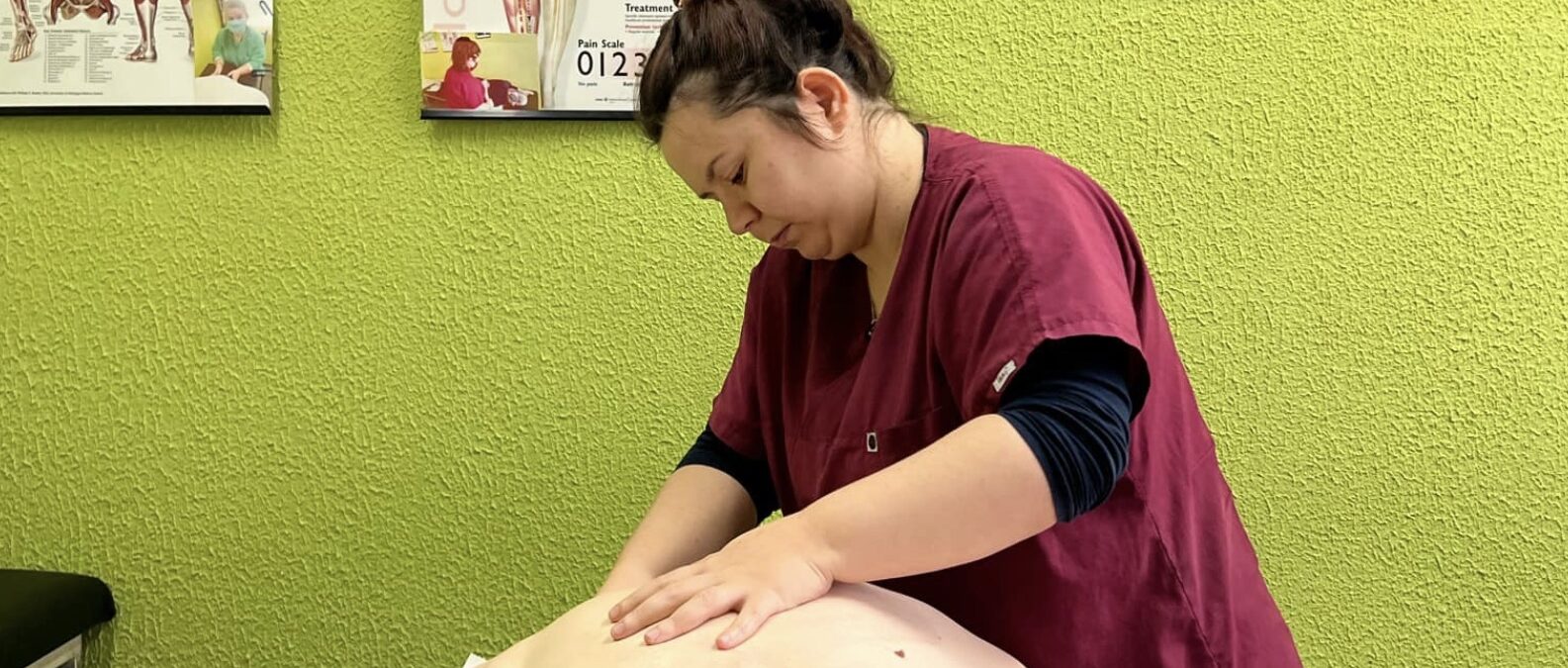
A New Normal
Fatima lost her husband, Omar, three years ago. After the birth of her second child, she suffered from postpartum complications that left her with severe back pain and limited mobility.
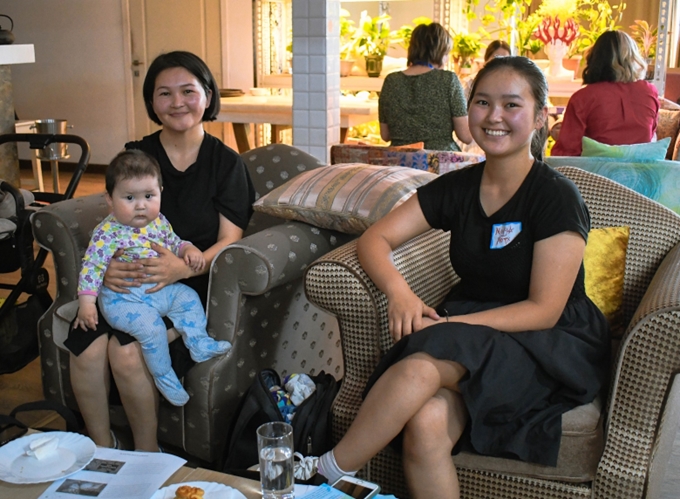
Learning and Teaching
… she will pass this information on as she cares for pregnant and lactating women.
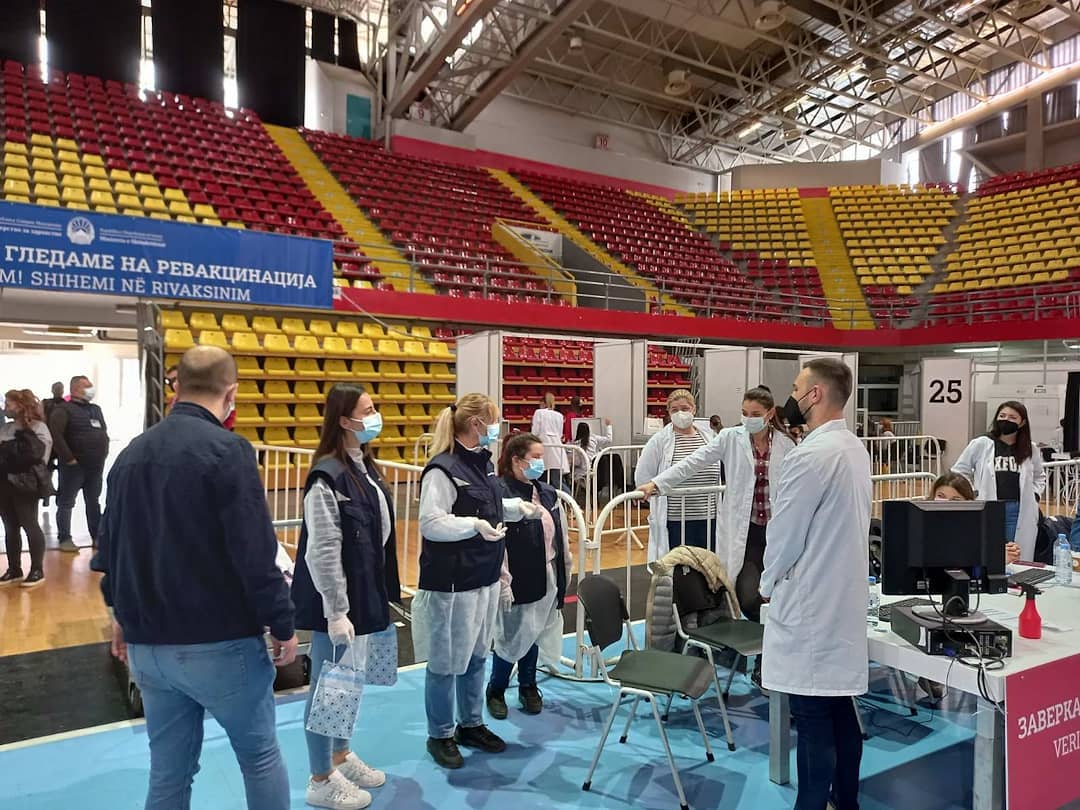
Everyone Needs To Know They Are Not Invisible
The third wave of Covid brought a shaking up in the community in the capital of North Macedonia. One way our Operation Mercy team made a difference was by coming alongside the medical vaccination personnel in practical ways.
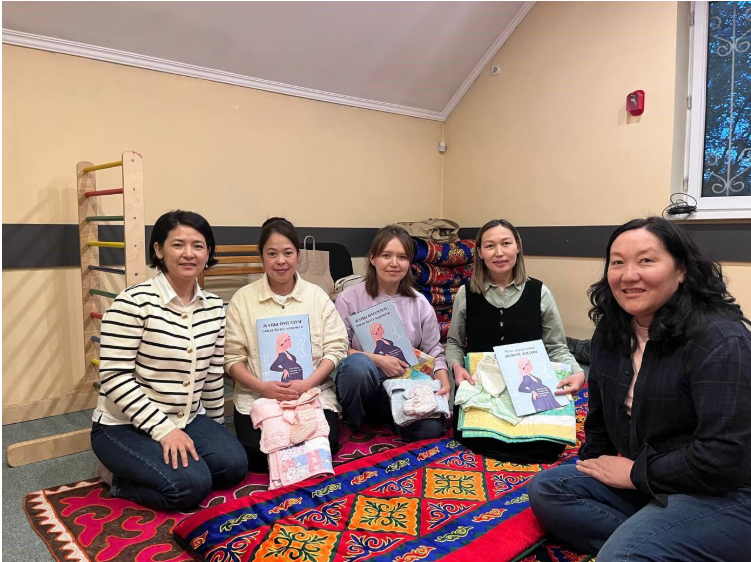
Breathing Through to a Safe Birth
Beka’s story is a powerful reminder of how knowledge, preparation, and confidence can transform the experience of childbirth. Through simple, practical education, women like Beka are empowered to face one of life’s greatest moments with strength and peace.
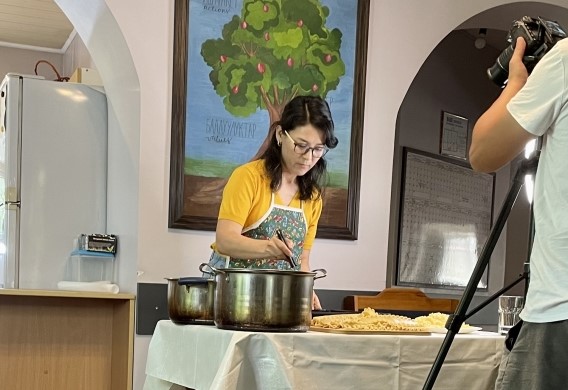
Quality Health Videos
All of these health conditions have multiple underlying causes, but poor dietary habits are high among the risk factors.
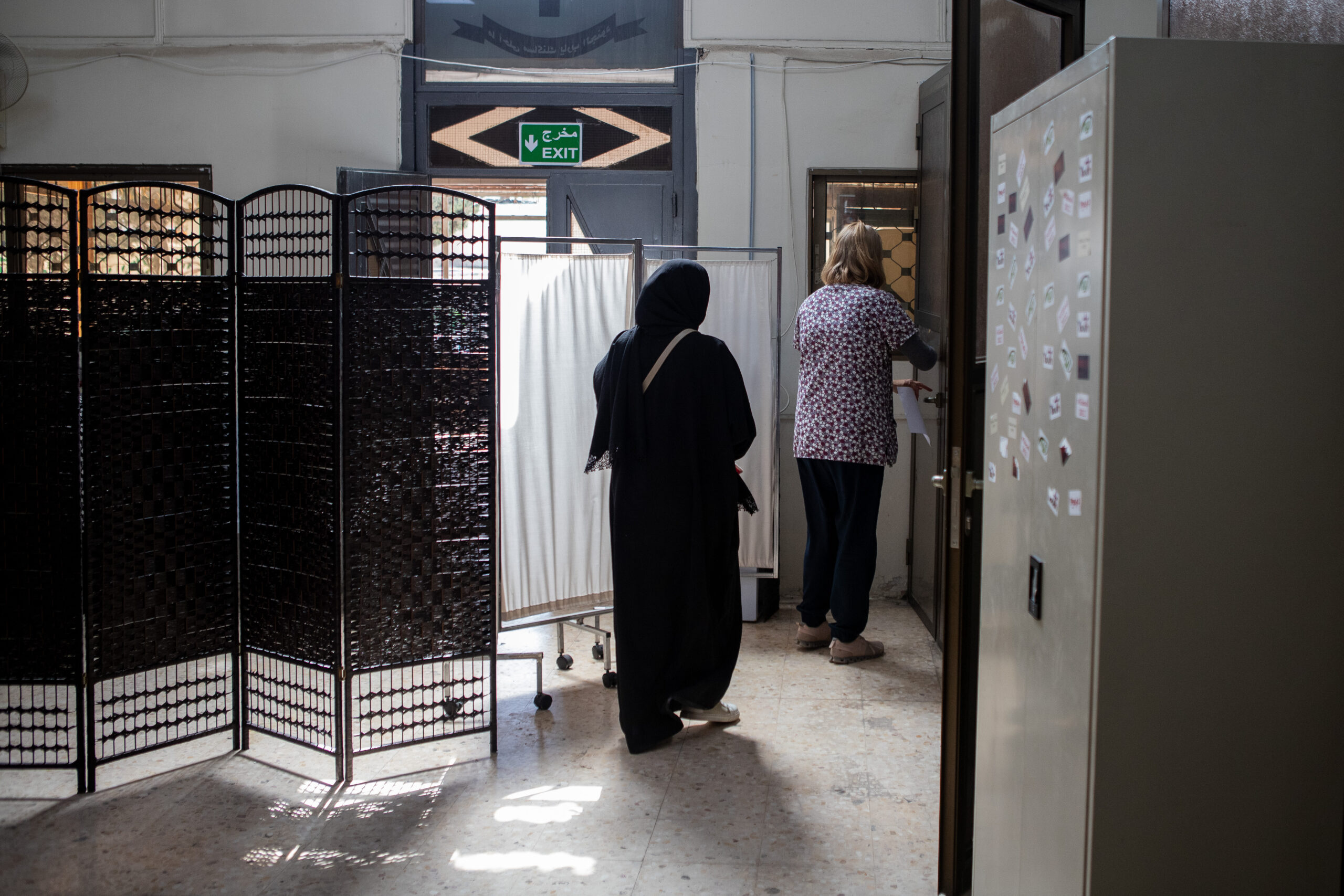
Community Health Advocates’ Training
Izzy was one of seven young women who completed our 6 month CHA pilot program. We selected women who had few opportunities in life. Some hadn’t finished school.
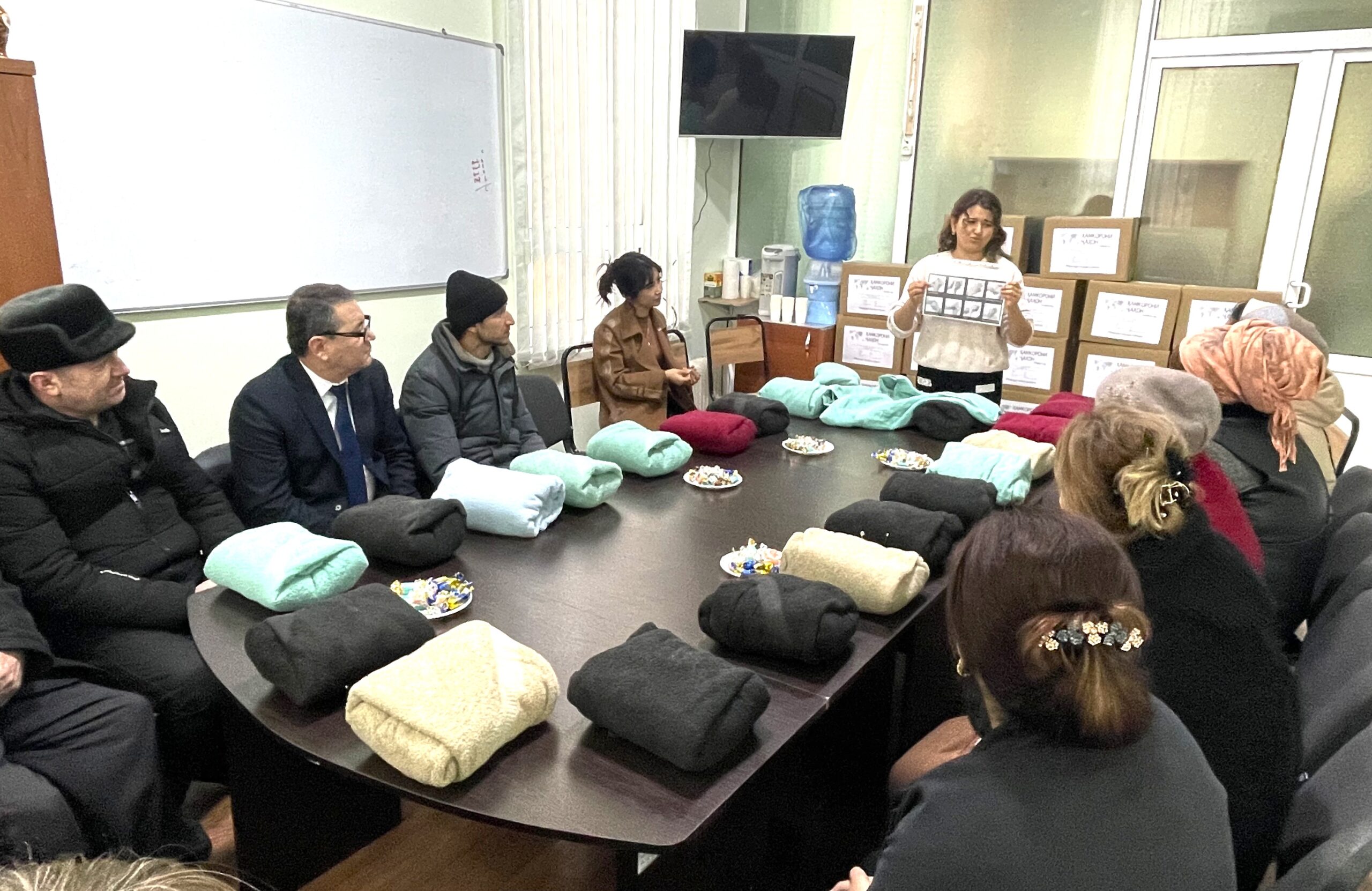
Journey to Health and Hope
They started eating healthier foods, exercising regularly, and seeking medical care for their children.
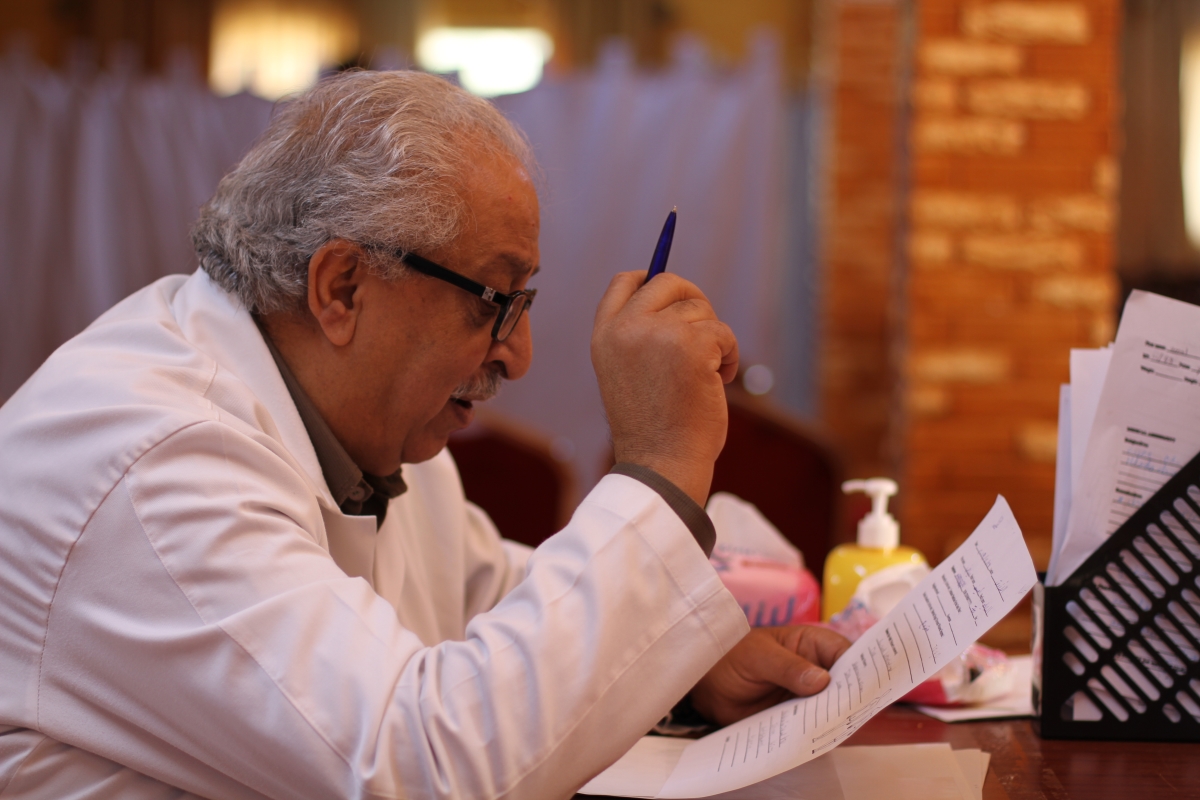
Surgery For Sarah
The kidney surgery was life saving for Sarah! She is now an active and smiley 1 year old, adored by her older siblings.
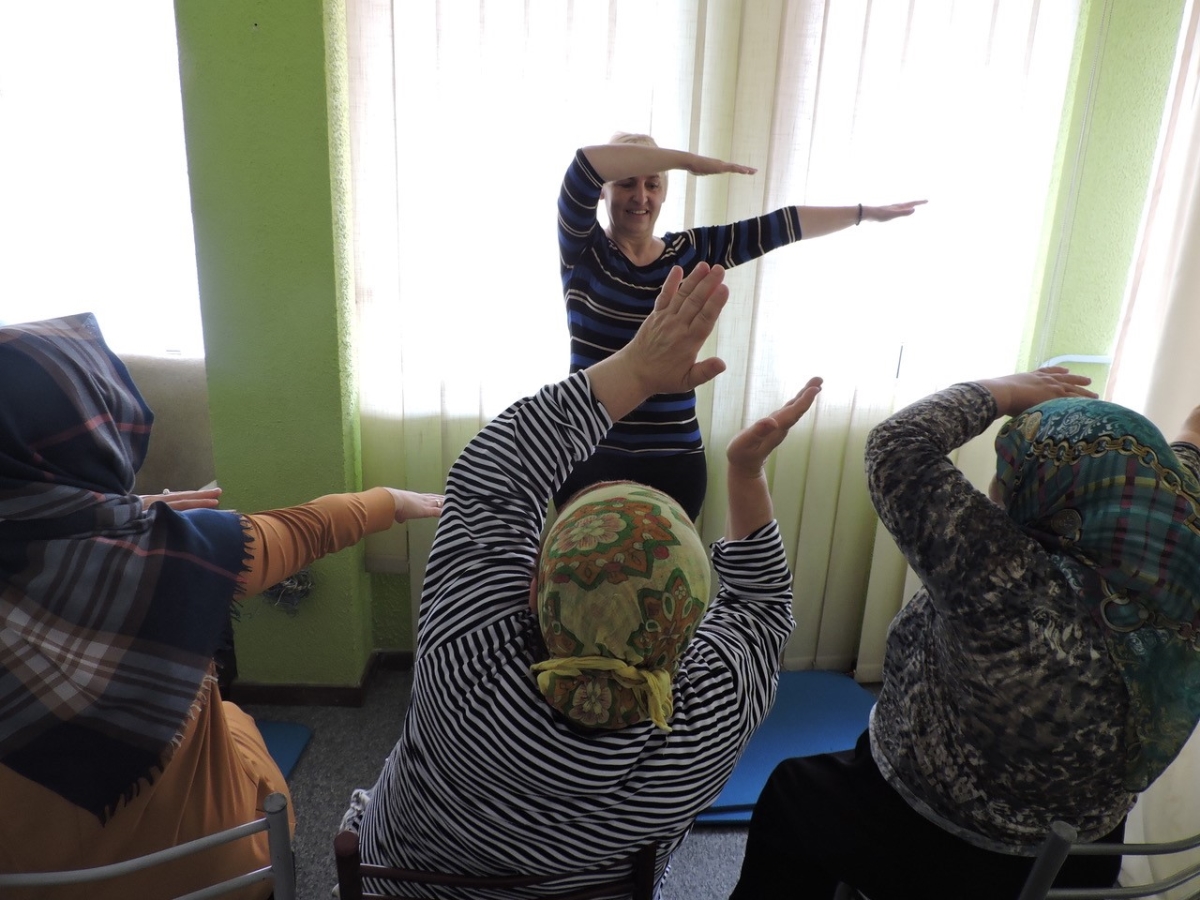
You have healed me with your exercises!
“When I come here all my worries go away.” Exercises and social support are making a difference in women’s lives.
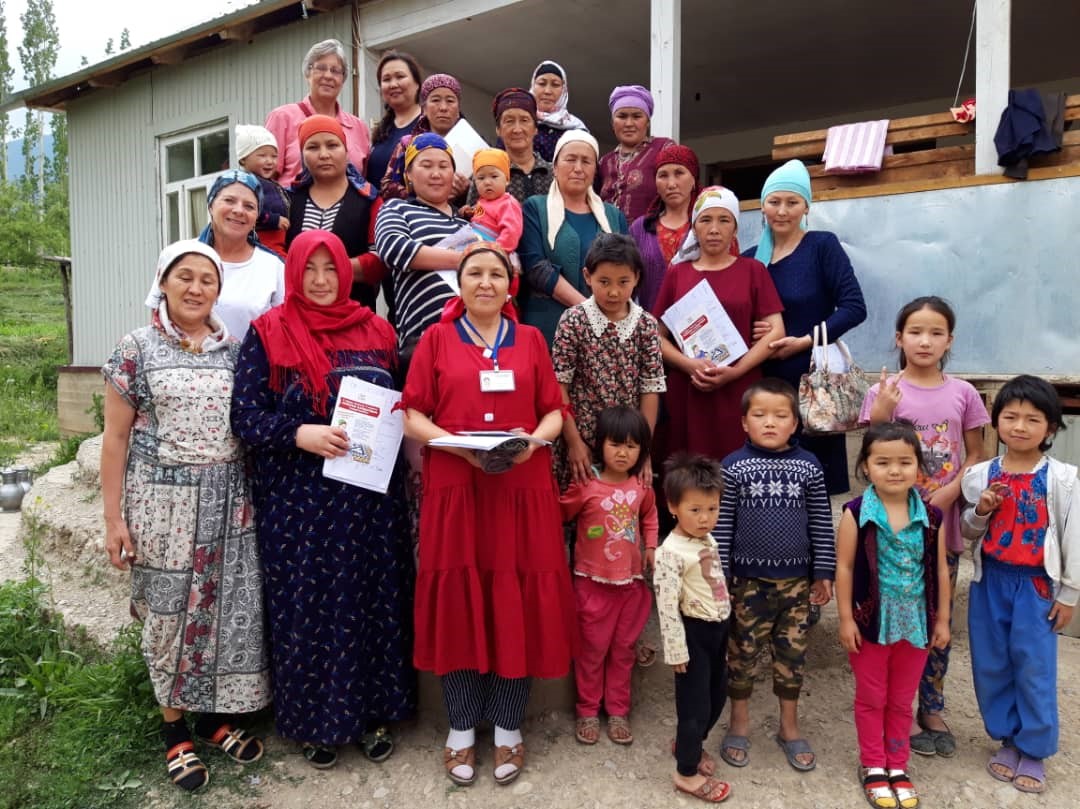
Overcoming Maternal Health Misconceptions
Educating disadvantaged communities about their health does not only prevent illnesses and improve their wellbeing, but it can also save lives.
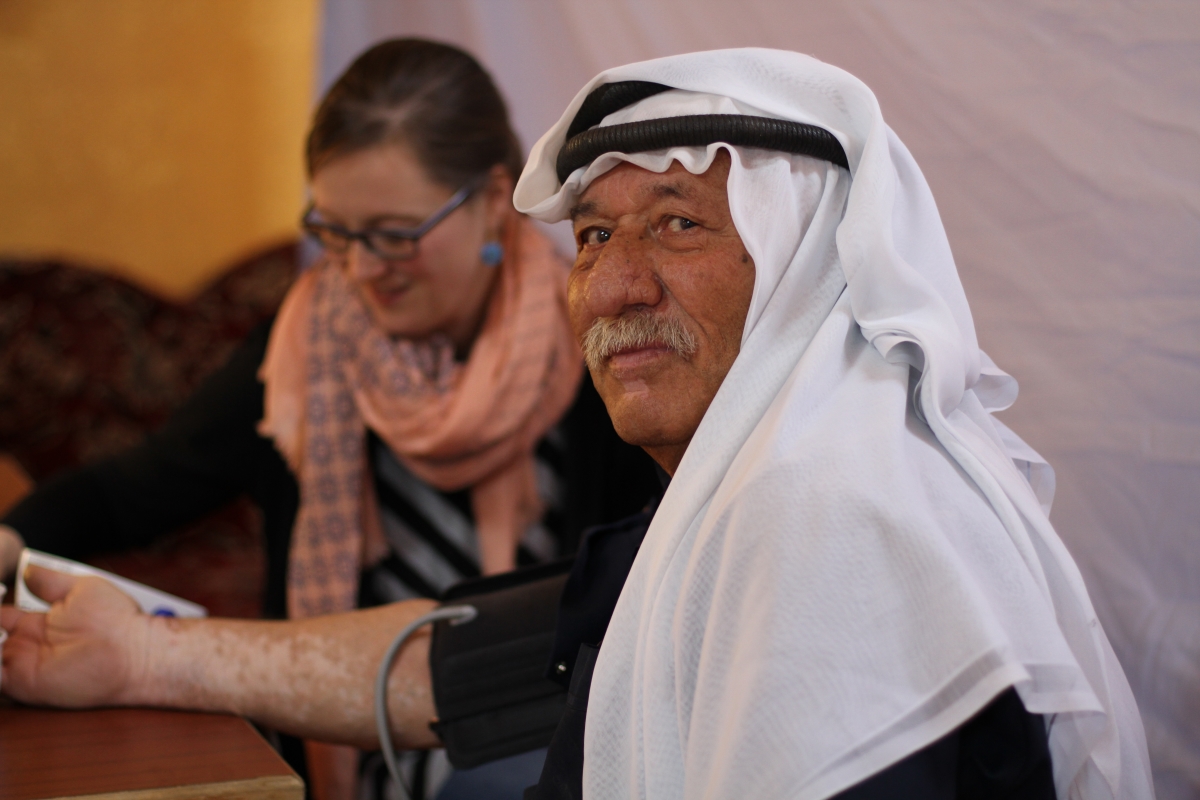
Heart Surgery Saves Grandfather
In our Operation Mercy Community Health clinics in Jordan, we screen patients who need diagnostic tests and specialist follow up.
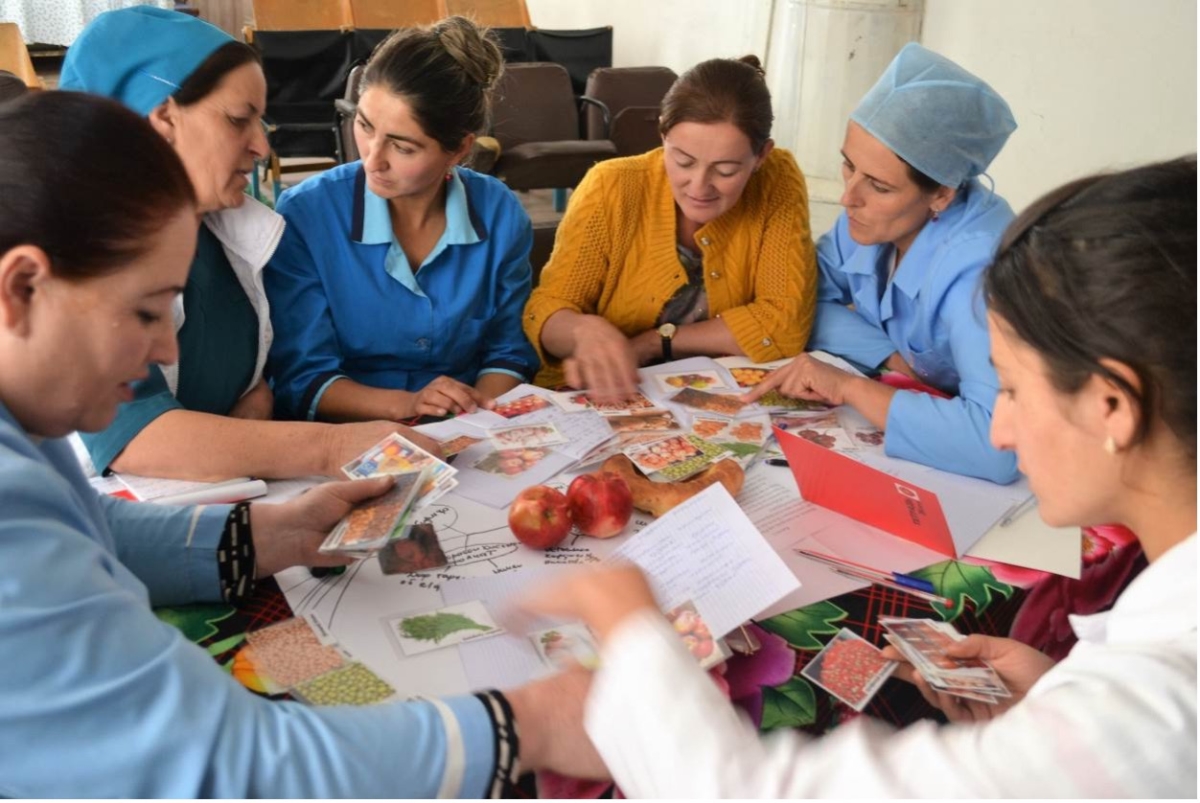
Health is Everyone’s Responsibility
Health is everyone’s responsibility, and Bibi grew in her health knowledge and confidence through our training and put it into practice for the good of her community.
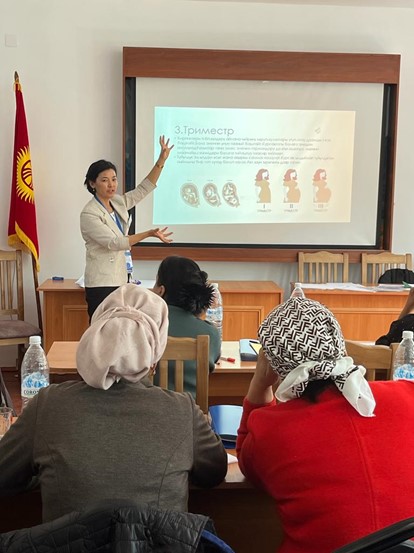
Midwives in the Mountains: Education and Coaching for Remote Villages
The three staff workers assigned each of the participants to a coach. They were then given materials and taught how to share what they had learned with others.
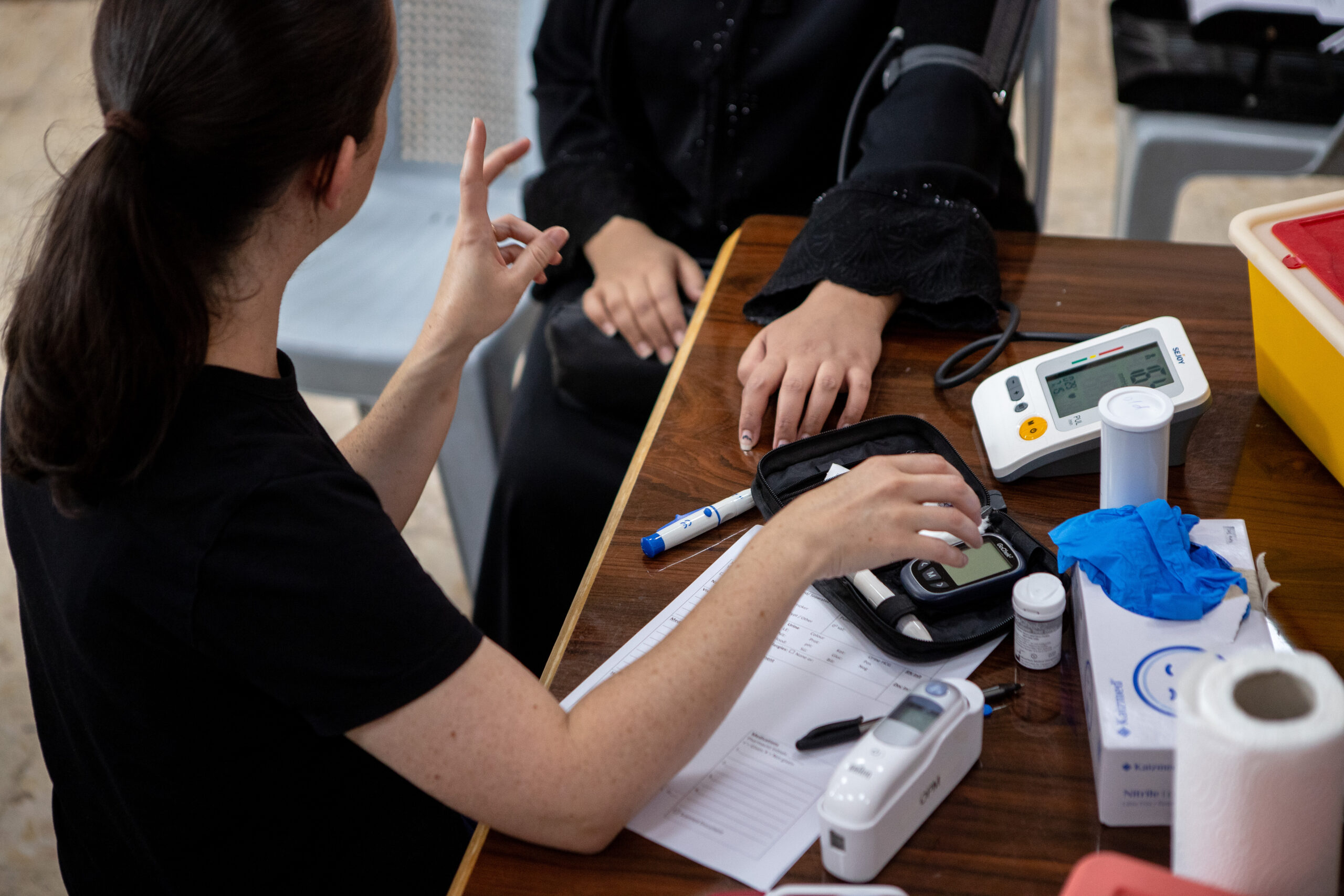
An Exercise Programme For Women
At the end of 2024, we ran a six week exercise program for Jordanian and Syrian women in Zarqa. The women who attended hadn’t had any connection with Operation Mercy in the past.
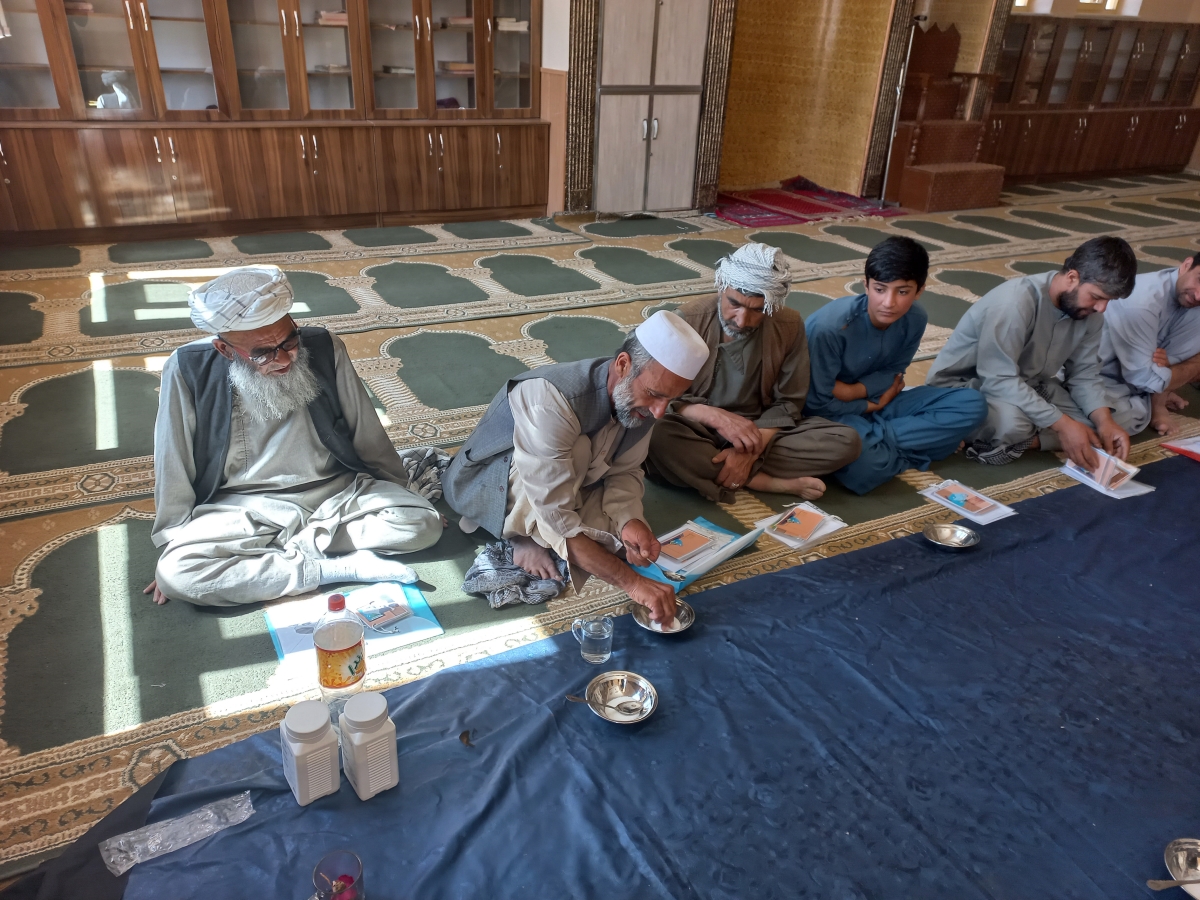
WaSH Lessons Save Lives
In one of the villages in the outskirts of Kabul, where Operation Mercy has a Water, Sanitation and Hygiene (WaSH) program, men’s groups eagerly receive their lessons.
